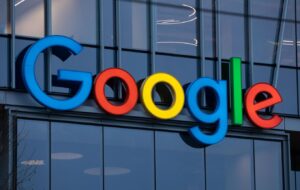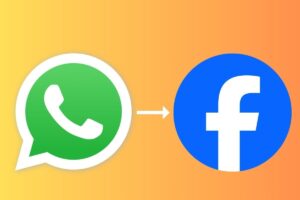YouTube Tightens Monetisation Policy: AI, Repetitive and Copied Content Blocked, Only Authentic Videos to Earn Revenue

YouTube, Monetisation Policy, AI Content, Repetitive Videos, Authenticity Rules, Revenue Changes
Only fresh, original, and high-value content will qualify for monetisation under YouTube’s new Partner Program policy.
In a significant policy shift aimed at preserving content quality, YouTube has announced a crackdown on repetitive, low-effort, and AI-generated videos that flood the platform. Starting July 15, 2025, the platform will roll out updated monetisation guidelines, strictly limiting who can earn through its YouTube Partner Program (YPP).
The move is targeted at channels that mass-produce content using pre-set templates, automated editing tools, and AI voiceovers. These types of videos—often faceless, recycled, or minimally altered will no longer be eligible for monetisation.
“YouTube is updating our guidelines to better identify mass-produced and repetitious content,” the platform stated. “This update better reflects what ‘inauthentic’ content looks like today.”
What Will Be Affected?
Under the new rules, the following content types are ineligible for monetisation:
- Repetitive uploads: Channels posting the same video multiple times.
- Copied content: Slightly altered or repurposed videos from other creators.
- AI-generated content without human input: Especially those using robotic narration or avatars without added creativity or transformation.
- Low-effort compilations or template-based videos: That lack originality, entertainment value, or educational depth.
What Will Qualify for Monetisation?
To earn under the new system, creators must ensure their content is:
- Fresh and newly created
- Highly engaging—educational or entertaining with value for the viewer
- Creative and original—offering a new perspective or format
YouTube’s previous criteria of 1,000 subscribers and 4,000 public watch hours (or 10 million Shorts views in 90 days) still apply, but now even eligible creators must adhere to content quality standards to start earning.
Implications for Creators and AI Tools
The policy is expected to impact a wide range of creators who rely heavily on automation or artificial intelligence to produce content in bulk. Gaming streamers, voiceover explainer channels, and compilation-based formats will come under tighter scrutiny. AI tool providers may also see reduced demand as monetisation becomes restricted.
Despite no direct mention of AI in the policy, insiders suggest that AI-generated scripts, voices, and avatars fall under the “inauthentic content” label unless significantly transformed by human effort.
Still Unclear: What About VTubers?
YouTube has not clarified whether VTuber-style content, where creators use animated avatars will be impacted. This leaves a grey area around content that is creative but still digitally generated. More clarity is expected after July 15, when enforcement begins.
As YouTube raises the bar for monetisation, creators are now urged to focus on originality, storytelling, and user value rather than shortcuts or automation. The message is clear: creativity pays, repetition does not.












